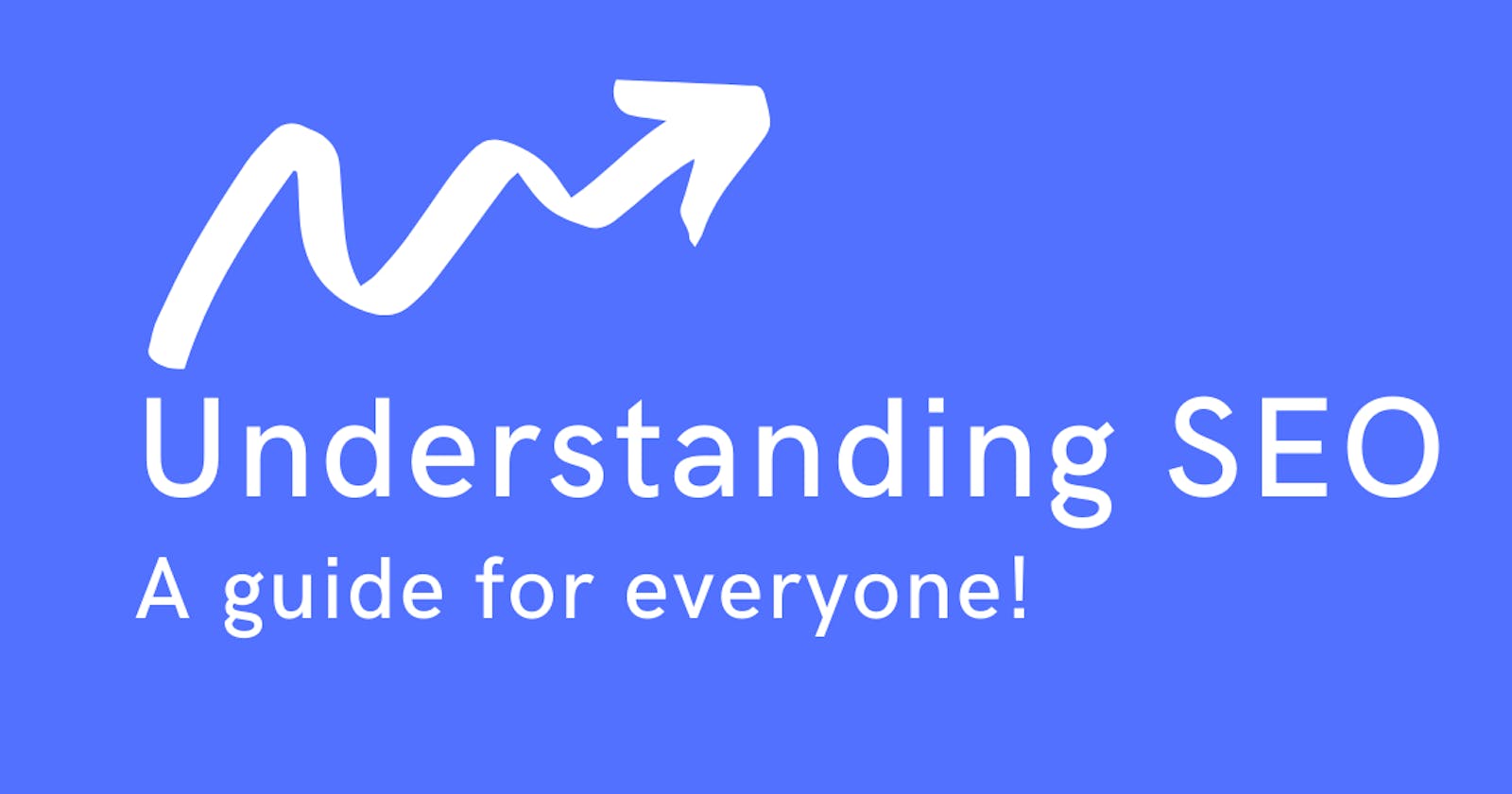Search Engine Optimization (SEO) is the process of improving your site’s visibility on the internet, when people look for the products or services that you provide.
This blog explains the history and evolution of SEO. It also discusses the modern and future best practices of Google Search engine Optimization.
Google Search Engine has the largest market share. Therefore, this blog focuses on optimization for Google. Optimization for Google will also optimize your site for other search engines as well. So, don’t worry about that.
Theodore Roosevelt once said, “I believe that the more you know about the past, the better you are prepared for the future.”
SEO - The Past
In the past, when it was the start of optimization, Google mainly used to look into keywords of a site and optimize sites for its keyword’s density.
What it means is, that whenever a person performed a search, the site that had the highest density of keywords relevant to the search query showed at the top of the search engine results. So, to get to the top search, the site’s owner just needed to use the keywords again and again in the site’s content.
The Search Engine Optimizer started to add a bundle of keywords to their sites. Although, it increased their site’s visibility. But, the user may not get what he was looking for.
For example, if someone has a site that provides eCommerce services. To get to the top of organic search results, add the keyword “eCommerce” for a bundle of times.
Organic Search Results? Organic results are those results that are strictly relevant to the user query. Paid results and trickery results are not part of the organic results.
Google always tries to improve the user experience. It tries its best to provide the most relevant results to the search query. For this purpose, Google updates the search algorithms daily. The number of search algorithm update each year is in between 500 and 600 times. It shows that how hard Google is trying to improve its Search Engine.
SEO of Today, Tomorrow and Beyond
As discussed, Google tries its best to provide the most relevant results to the users. The “Keywords Only” strategy is long gone now. The keywords strategy is still valid but with many improvements.
Google, not only optimizes a site for its keyword density, rather it measures several other things as well to check the quality of the site. The most important are as follow:
- Loading time or speed of the site is one of the crucial factors for better optimization. Decreasing only 2 to 3 seconds in loading can hugely improve the ranking of the site.
Google-Light house – can help you find where your pages are suffering from speed. Later, you can use the recommendations to improve the speed.
- The home-page (and about us page) page are the most important page(s). Special care should be given to the home page when developing and deciding the content of the page.
If a website is about eCommerce or a store, a clear return policy is a must. The trustworthiness of the site is crucial under the following two updates of Google Search Engine.
- E-A-T (Expertise, Authoritativeness, Trustworthiness), or Page Quality
- YMYL (Your Money or Your Life).
Mobile-friendliness is another significant factor of the site. Google gives high priority to those sites which are better optimized for Mobile phones or similar devices.
The site’s stability and security (HTTPS) are also counted during the ranking of a site.
Over-optimization can lead a site into domain penalty. If someone uses the old strategy and adds bundles of keywords, the search engine may flag the site as a spammy site.
Core web vitals should be ensured.
The BERT Update
BERT stands for “Bidirectional Encoder Representations from Transformers”.
What is it?
In simple words, under this update, Google Search Engine started to understand the context of the content on a page or site. Now, words like, on, at, in, or etc., also matters.
Earlier Google Search engine used to ignore these words. Now the google ranks sites for their context or semantics as well.
Final Words – Conclusion
Google keeps the algorithms hidden from the outside world. So, no one knows what exactly is going to happen next. But one thing is obvious, Google updates the search engine to provide the most relevant search results.
What is in it for Search Engine Optimizers?
Always optimize the site for the best user experience. Users should be first and then search engines while developing an optimization strategy.
Another factor to consider is creating high-quality content. Instead of using a focus keyword, again and again, synonymous words and phrases should be used. As earlier discussed, the context of the site matters.
Stay connected to learn more about SEO.
